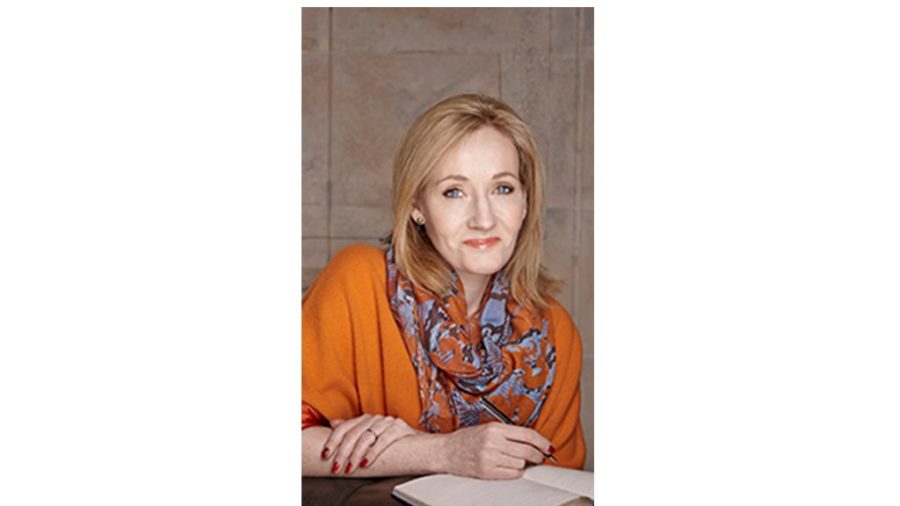It’s that time of year again. Footballs are flying through the air, candy corn is lining the shelves of your favorite grocery and J.K. Rowling is adding new content to the Pottermore digital universe. Only, Rowling’s enthusiasm for a franchise everyone else left behind (albeit reluctantly) a decade ago is not confined to a single season.
In the years following the magnificent conclusion to the seven-book series, tired fans have been bombarded again and again by new stories, spin-off movies and sorting quizzes. In the beginning, it was exciting and newsworthy. Now, it inspires little more than an eye-roll in the greater literary community, not least of all because of the extremely problematic representation prevalent in many of Rowling’s more recent works.
This occurs specifically, in “A History of Magic in North America,” an explanatory (but obviously fictitious) origin story about Illvermorny, Rowling’s Hogwarts counterpart in North America. Rowling’s American wizarding school is problematic in its representation of Native American spirituality and religion, which Adrienne Keene of Native Appropriations writes “are not fantasy on the same level as wizards.”
“We fight so hard every single day as Native peoples to be seen as contemporary, real, full and complete human beings and to push away from the stereotypes that restrict us in stock categories of mystical-connected-to- nature-shamans or violent- savage-warriors,” wrote Keene in a March blog post. “Colonization erases our humanity, tells us that we are less than, that our beliefs and religions are ‘uncivilized,’ that our existence is incongruent with modernity. This is not ancient history, this is not ‘the past.’ The ongoing oppression of Native peoples is reinscribed everyday through texts and images like this. How in the world could a young person watch this and not make a logical leap that Native peoples belong in the same fictional world as Harry Potter?”
Keene also brought up the constant struggle her community faces to protect their sacred sites “from being destroyed by mining, fracking and other forms of ‘development.’”
“[These sites] have deep roots in our spiritual beliefs, hold sacred power and connect us to our ancestors. If Indigenous spirituality becomes conflated with fantasy ‘magic’ – how can we expect lawmakers and the public to be allies in the protection of these spaces?”
Rowling’s blatant disregard of an entire faith and culture would be easier to forgive if she’d made any effort to correct her errors.
But she’s made no such effort. Furthermore, when a Native American writer who tweets from the handle @CyborgN8VMari tweeted at Rowling regarding the incident, Rowling promptly blocked her.
Rowling’s problematic behavior is not uncommon in the literary community. Lack of good representation has inspired the creation of organizations like We Need Diverse Books, which “advocates essential changes in the publishing industry to produce and promote literature that reflects and honors the lives of all young people.”
We Need Diverse Books recognizes how massively impactful books can be, especially in the hands of young readers. By pushing for wider representation of diverse ethnic, cultural and religious minorities, as well as for the LGBTQIA community, people of color, people with disabilities and gender diverse people, We Need Diverse Books reiterates the humanity of and inspires empathy for those who are often overlooked.
“There’s this idea that monsters don’t have reflections in a mirror,” said Junot Diaz, author of the Pulitzer Prize-winning “The Brief Wondrous Life of Oscar Wao,” in a speech to a group of community college students in New Jersey.
“And what I’ve always thought isn’t that monsters don’t have reflections in a mirror,” he said. “It’s that if you want to make a human being into a monster, deny them at the cultural level any reflection of themselves. And growing up, I felt like a monster in some ways. I didn’t see myself reflected at all. Part of what inspired me, was this deep desire that before I died, I would make a couple of mirrors. That I would make some mirrors so that kids like me might seem themselves reflected back and might not feel so monstrous for it.”

























